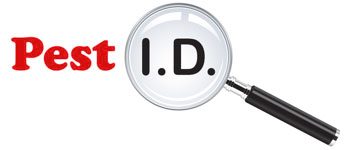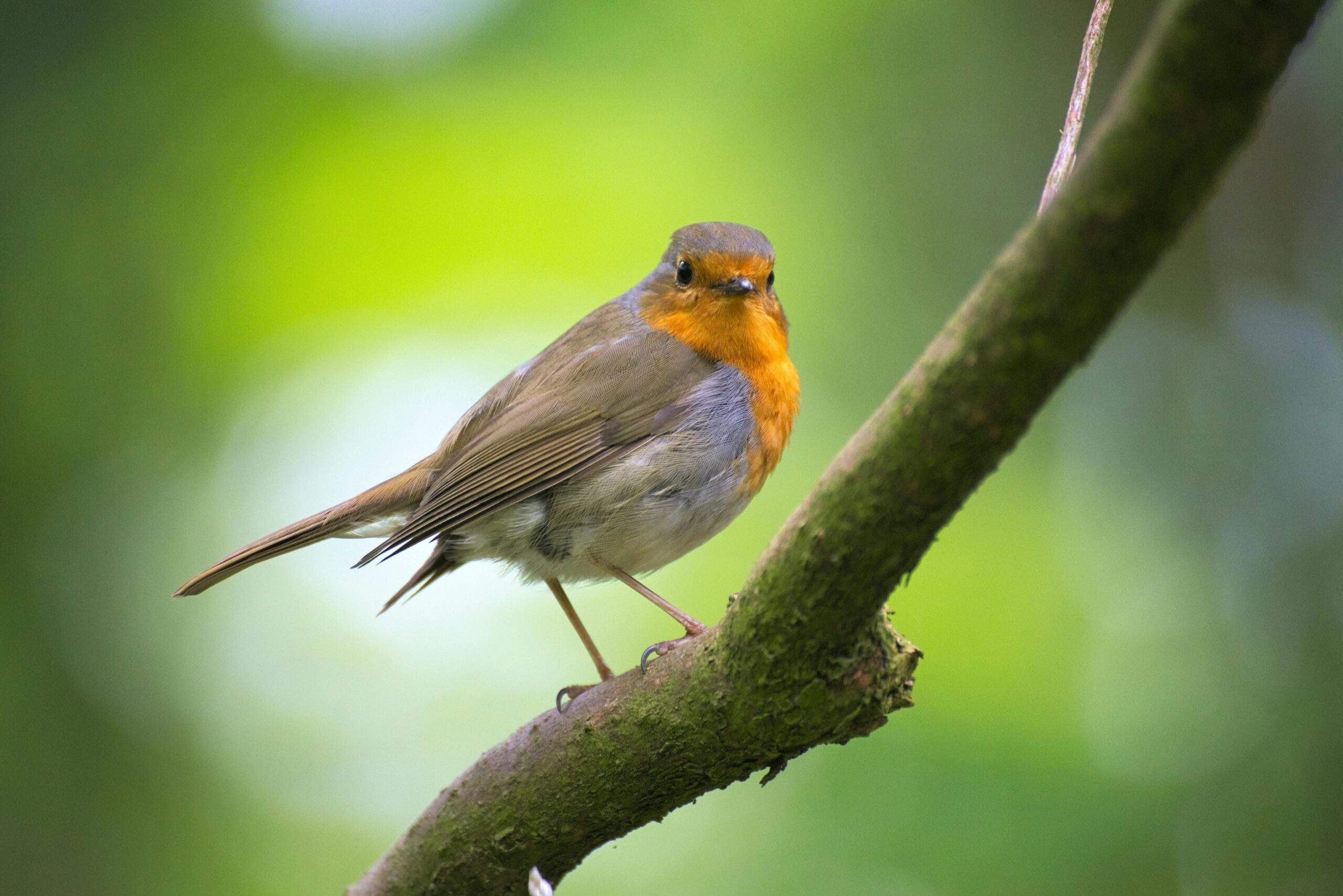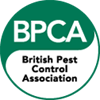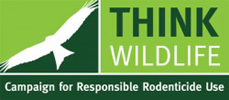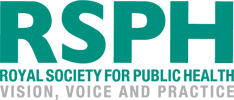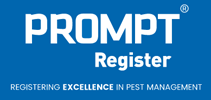Finding an injured bird can be a distressing experience, but knowing what to do can significantly improve the bird’s chances of recovery. Here are the steps you should follow if you find an injured bird in England.
Assess The Situation
First, observe the bird from a distance to assess the severity of its injury. If the bird is in immediate danger, such as being in the middle of a road, carefully move it to a safer location. Use a towel or gloves to gently pick up the bird, ensuring you minimise further stress or injury.
Determine if The Bird Needs Help
Not all birds need intervention. Sometimes fledglings (young birds learning to fly) appear helpless but are still under the care of their parents. Fledglings usually have feathers and can hop or flutter around. In such cases, it is best to leave the bird alone, as human interference can do more harm than good.
If the bird is a nestling (a very young bird without feathers or with closed eyes), it may have fallen from its nest. In this case, try to locate the nest and, if safe to do so, return the bird to it.
Contain The Bird
If you determine that the bird is indeed injured and needs help, gently place it in a well-ventilated box lined with a soft cloth or tissue. Ensure the box is secure and has air holes, but avoid placing food or water inside as this can cause further injury or stress. Keep the bird in a quiet, dark, and warm place away from pets and children.
Contact a Wildlife Rehabilitation Centre
As soon as the bird is safely contained, contact a local wildlife rehabilitation centre or an avian vet. Organisations such as the Royal Society for the Prevention of Cruelty to Animals (RSPCA), the British Trust for Ornithology (BTO), or local wildlife hospitals can provide advice and assistance. The RSPCA can be reached on their emergency line, 0300 1234 999. Provide as much information as possible about the bird’s condition and follow their guidance.
Be mindful that injured bird treatment does not fall within pest control remit, and companies that specialise in pest control will advise you to contact the organisations noted above.
Do Not Attempt to Treat The Bird Yourself
It is important not to attempt to treat the bird yourself unless you have specific training and knowledge. Birds have specialised physiology, and incorrect treatment can cause more harm than good. Administering food, water, or medication without professional advice can lead to serious complications.
Transporting The Bird
If advised to bring the bird to a rehabilitation centre or vet, ensure it is securely contained during transport. Keep the environment calm and quiet, and avoid playing loud music or handling the bird unnecessarily. The goal is to minimise stress and prevent further injury.
Legal Considerations
In England, it is important to be aware of legal protections for wild birds under the Wildlife and Countryside Act 1981. This legislation makes it illegal to take wild birds from the wild, except under certain circumstances such as when the bird is injured and in need of care. Always ensure your actions comply with these laws and seek advice from wildlife authorities if unsure.
Prevention and Education
Once you have ensured the bird is in professional care, consider ways to prevent future incidents. Installing window decals can help reduce bird collisions with glass, and keeping cats indoors or supervising them outside can prevent attacks on wildlife. Educating others about these preventive measures can also help protect birds in your community.
Summary
Encountering an injured bird requires calm and decisive action. By assessing the situation, safely containing the bird, and seeking professional help, you can make a significant difference in the bird’s chances of recovery. Remember, the goal is to provide the best possible care while minimising stress and adhering to legal protections.
